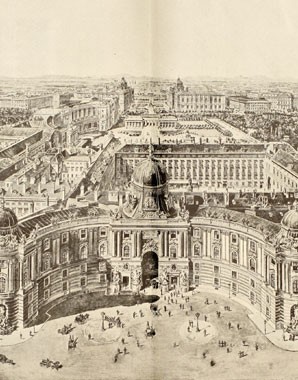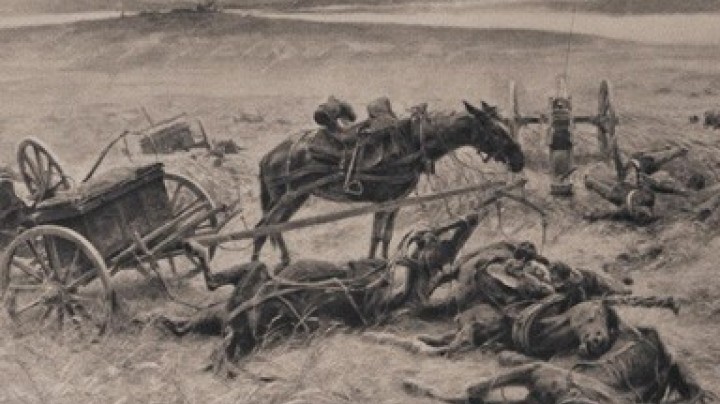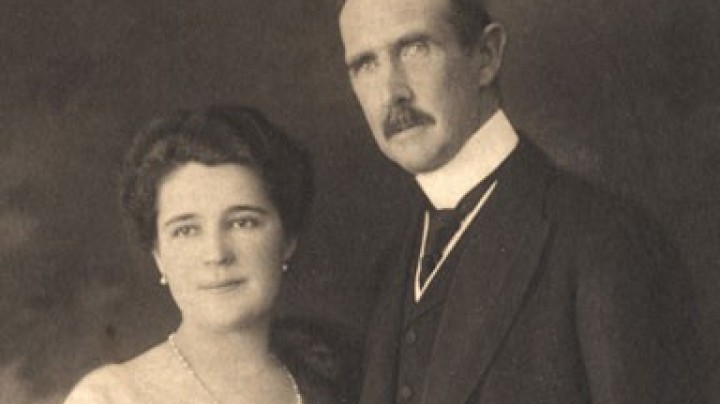Face to face – an audience with Franz Joseph
To be received just once in one’s life at an audience by the Emperor himself! However, it would be wrong to assume that this privilege was reserved for the highest ranks of the nobility. Any citizen in the Monarchy could apply to pay his respects to his Monarch at one of the twice-weekly general audiences.
The applicant submitted his request for an audience with the Emperor at Court and was given a fixed date and time. Expressions of thanks, solicitations and petitions from citizens were presented in advance to the responsible ministries for processing and given to the Emperor himself for consideration, so that the audience itself contained little that was new. It served principally to demonstrate the Emperor’s closeness to his people and was announced in the Wiener Zeitung.
Citizens attending an audience had to present themselves punctually – the audiences began at 10 o’clock – in the audience waiting rooms and to observe dress regulations: members of the army wore uniforms, gentlemen a frock-coat, ladies a high-necked dress, and gloves were obligatory. Citizens from rural areas appeared in their local costume, the colourful variety of which reflected the size and diversity of the Crown Lands. Before being admitted to the Emperor’s presence attendees were familiarized by an employee of the Chamberlain’s Office with the ground-rules of the audience: never address the Emperor on one’s own initiative and never turn one’s back on him! After the applicant had been summoned by name he entered the antechamber where an adjutant again compared the name with a list, before it was finally read out to announce the visitor to the Emperor. Immediately upon entering the room the ladies had to make a deep curtsey and the gentlemen a deep bow, from which one only rose only when prompted by the Emperor. The Emperor himself stated to the visitor – according to his list – his request and the response to it, which was already in the Audience Book. As a rule audiences with the Emperor therefore lasted scarcely three minutes, and this enabled the Emperor to receive up to one hundred individuals during the course of a single morning. Only in advanced old age did Franz Joseph reduce this number by half.
Apart from this there were also individual audiences with ministers, members of parliament or governors. Such persons were invited personally by the Emperor; they all reported of the conversations that the Emperor allowed only a brief address and then put very precise questions to them. Politicians were therefore well advised to prepare their address meticulously, for the Emperor frequently wanted more detailed information and consulted several different members of the government on the same topic to give himself a more precise picture.















